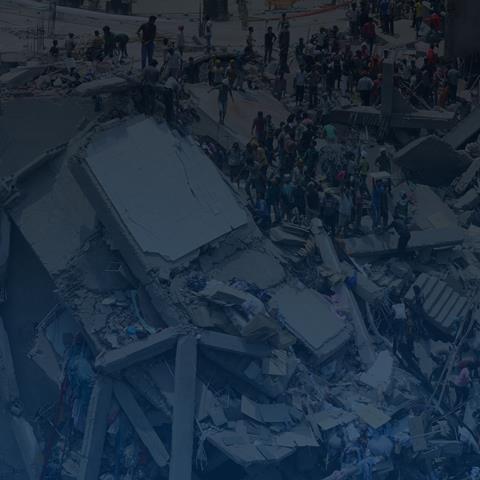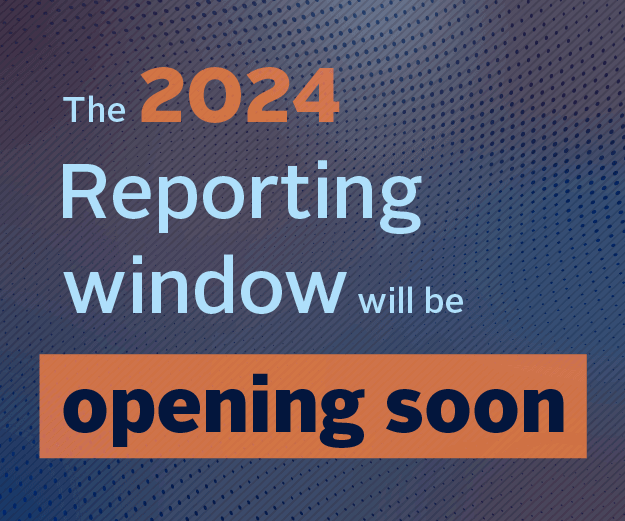By Soh-Won Kim, Analyst, Human Rights and Social Issues

A decade has passed since the eight-story Rana Plaza building in Bangladesh collapsed on 24 April 2013, resulting in over 1,100 garment workers killed and 2,600 injured. The disaster shed a painful spotlight on the substandard working conditions in the garment sector that turned an avoidable tragedy into an inevitable one.
Demand for fast fashion is high
Ten years later, amidst a cost-of-living crisis, the demand for – and the human cost of – fast fashion remains high. Sweatshops still exist in Bangladesh and supplier factories compete in a race to the bottom as they struggle to meet the pressure of short lead times and contract arrangements that are temporary, insecure and informal. Wages and union representation remain low, child labour persists, and workers continue to be criminalised for speaking out. The recent Covid-19 pandemic and inflation have further exacerbated these conditions, with brands squeezing Bangladeshi suppliers to offset the surging costs of raw materials.
During the same period, Bangladesh’s garment sector has seen a 78% rise in annual revenue, from USD$19 billion to USD$34 billion, maintaining its position as the world’s second largest exporter of garments. The sector remains central to Bangladesh’s economy, accounting for 85% of total export earnings and 20% of its GDP, with over 12 million Bangladeshis dependent on it. These numbers demonstrate the urgent need for better regulations and safety conditions in the country’s garment sector.
Taking stock of progress
However, we should not forget to celebrate the significant progress that has been made since 2013. In direct response to the Rana Plaza collapse, the Accord on Fire and Building Safety in Bangladesh was established in May 2013, a legally binding agreement between global apparel brands and trade unions. Over 200 global fashion brands and retailers have signed the Accord, agreeing to be more transparent about their clothing supply chains. Legal enforcement of the Accord has ensured that the health and safety standards in factories are monitored and disclosed.
More recently, in September 2021, an International Accord on Safety and Health in the Garment and Textile Industry was established, with the scope expanded beyond Bangladesh. These Accords and their requirements align with the decent work safeguard expectations in our recently published discussion paper, ’How investors can advance decent work’.
Investors’ evolving responsibility
As well as the aforementioned Accords pushing for brands to source responsibly and mitigate human rights risks, investors and companies are facing increasing responsibility to respect human rights over the past 10 years:
- In June 2022, the International Labour Organization amended the 1998 Declaration on Fundamental Principles and Rights at Work to include the core right to a safe and healthy working environment.
- In 2011, the UN Guiding Principles on Business and Human Rights (UNGPs) was adopted and the OECD Guidelines for Multinational Enterprises (OECD Guidelines) was revised to introduce the concept of human rights due diligence.
The recent regulatory developments have shifted the roles of investors significantly, from being mainly focused on stewardship, partnerships and collaboration, to now include due diligence. For example, the introduction of the French Corporate Duty of Vigilance Law, the German Supply Chain Due Diligence Act, the Norwegian Transparency Act, the Japanese Guidelines on Respecting Human Rights in Responsible Supply Chains, and the European Union’s Corporate Sustainability Due Diligence Draft Directive all call attention to the rising importance of due diligence and supply chain transparency in safeguarding workers’ rights.
What else can investors do?
Investors should first acknowledge their responsibility to respect human and labour rights, and understand the impacts of an investee company’s business on people. In practice, this means investors conducting their own human rights due diligence that is aligned with the UNGPs, and urging investees to place human rights at the core of both operational and supply chain management. In the context of the garment sector, investors should encourage their investees to sign the International and the Pakistan Accords.
There are a number of investor initiatives such as the Interfaith Center on Corporate Responsibility’s (ICCR) Bangladesh Investor Initiative, and the ICCR’s investor statement for the 10th anniversary of Rana Plaza to mobilise investors’ collective influence to push apparel brands and retailers towards responsible supply chain practices.
A number of PRI signatories have successfully engaged with apparel companies. For example, in an engagement led by Robeco between 2018 and 2021, five of nine targeted companies demonstrated progress on upholding the payment of living wages, transparency on supply chain management, as well as participation in multi-stakeholder initiatives to advance the payment of living wages.
See our investor briefing on the apparel industry for engagement recommendations and examples of best practice.
The PRI blog aims to contribute to the debate around topical responsible investment issues. It is written by PRI staff members and occasionally guest contributors. Blog authors write in their individual capacity – posts do not necessarily represent a PRI view.














